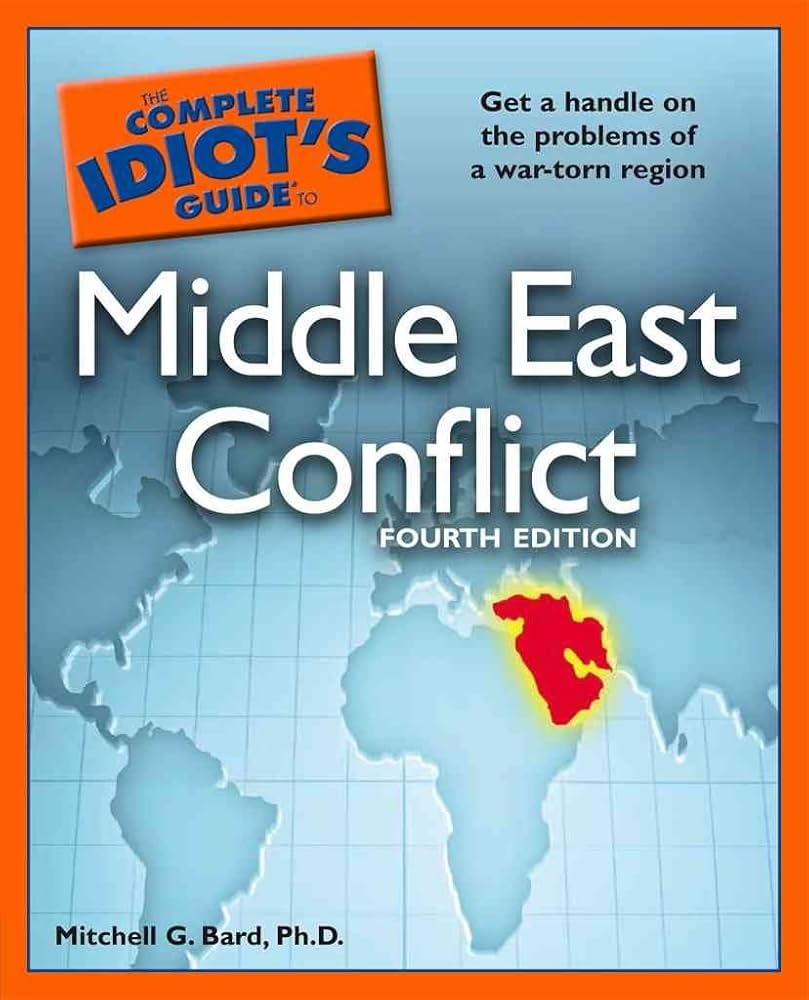
Introduction
The Middle East has been a region of conflict for centuries, shaped by religious, political, and economic tensions. From ancient disputes to modern geopolitical struggles, the region remains one of the most volatile areas in the world. This blog provides an in-depth look into the historical roots, major conflicts, key players, and the ongoing situation in the Middle East.
Historical Background
The Middle East has a rich history of civilization, trade, and religious significance. However, it has also been a battleground for empires and nations. The Ottoman Empire controlled much of the region until its collapse after World War I, leading to the partitioning of territories by Western powers.

Key Historical Events:
- Sykes-Picot Agreement (1916): Secret agreement between Britain and France dividing Ottoman territories.
- Balfour Declaration (1917): British support for a Jewish homeland in Palestine.
- Creation of Israel (1948): Led to immediate conflict with neighboring Arab nations.
- Iranian Revolution (1979): Shifted Iran from a pro-Western monarchy to an Islamic Republic.
Major Conflicts in the Middle East
1. Arab-Israeli Conflict
A decades-long struggle between Israel and its Arab neighbors, this conflict includes multiple wars, intifadas, and peace negotiations.
- 1948 Arab-Israeli War
- Six-Day War (1967)
- Yom Kippur War (1973)
- Oslo Accords (1993 & 1995)
- Gaza Wars (2008, 2014, 2021)
2. Iran-Iraq War (1980-1988)
One of the deadliest conflicts in the region, this war was fueled by territorial disputes and ideological differences between Iran and Iraq.
3. Gulf Wars & U.S. Involvement
- Gulf War (1990-1991): Iraq invaded Kuwait, leading to U.S.-led coalition intervention.
- Iraq War (2003-2011): U.S. invaded Iraq, leading to long-term instability.
4. Syrian Civil War (2011-Present)
A brutal conflict involving multiple factions, including the Syrian government, rebel groups, ISIS, and foreign powers like Russia and the U.S.
5. Yemen Conflict
A proxy war between the Iran-backed Houthi rebels and the Saudi-led coalition, resulting in a devastating humanitarian crisis.
Key Players in the Conflict
- United States: Strategic military interventions and alliances with Israel and Gulf states.
- Russia: Support for Syria’s Assad regime and increasing regional influence.
- Iran: Support for Hezbollah, Houthis, and other regional militias.
- Saudi Arabia: Rivalry with Iran and support for anti-Iranian factions.
- Turkey: Balancing interests between NATO, Syria, and Kurdish forces.
- Israel: Ongoing conflicts with Palestinian groups and regional security concerns.
Current Developments & Future Prospects
The Middle East remains unstable, with ongoing tensions between Israel and Palestine, Iran and Saudi Arabia, and new threats such as ISIS resurgence. International diplomacy, economic struggles, and evolving alliances will shape the future of the region.
Possible Outcomes:
- Peace Accords: Ongoing diplomatic efforts to resolve conflicts.
- Proxy Wars: Continued indirect battles between major powers.
- Humanitarian Crisis: Addressing refugee displacement and rebuilding war-torn areas.
Key Points:
Historical Map of the Middle East – A map showing the region before and after the Ottoman Empire.
Balfour Declaration (1917) – An image of the document or relevant historical visuals.
Arab-Israeli Conflict – A photo depicting clashes, peace accords, or protests.
Iran-Iraq War – Images of soldiers, battle zones, or war aftermath.
Gulf War & U.S. Involvement – U.S. troops in Iraq or Kuwait liberation.
Syrian Civil War – War-torn cities, refugees, or protests in Syria.
Yemen Conflict – Humanitarian crisis images or Houthi rebels.
Geopolitical Map – A map showing the influence of major players like the U.S., Russia, and Iran.
Future of the Middle East – Conceptual imagery of diplomacy, peace talks, or destruction vs. rebuilding.
Conclusion
The Middle East is a complex region with deep-rooted conflicts and shifting geopolitical landscapes. Understanding the historical context and current dynamics is crucial for grasping the challenges and potential solutions in this volatile part of the world.
What are your thoughts on the future of the Middle East? Let us know in the comments!
https://readeasynews.com/ Here’s a message you can use for your website, tailored to attract users looking for IPL fantasy cricket tips and predictions:




